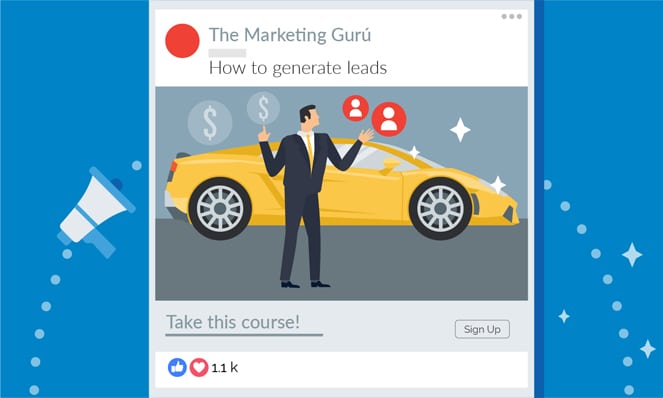What Is The Future Of Digital Marketing?
Enterprises have entered a crucial stage in digital marketing, where technology and innovation are increasingly merging. Social media advertisement is here to stay, which means partnering with influencers, making captivating images, and learning how to analyze data. Consumers are increasingly self-isolating, not only because of the global pandemic of COVID-19, but because technology enables them to do so. People shop online and use automated voice assistance on a regular basis.
With so many digital changes on the horizon, it is important to look to the future to predict the marketing patterns that you can plan for now. Here are the top 5 digital marketing trends that experts suggest we’ll be grappling with in 2021 and beyond.
Voice Search Marketing
It was estimated that 67 million voice devices will be in homes and workplaces throughout the United States by 2019 alone. Not only is that number projected to increase, but as we become more comfortable with Alexa in our lives, we’re using these devices in different ways.
As voice devices first came onto the market, many used them to listen to music, to ask what the weather was like, or to make a shopping list. Today, customers are moving a step further, and voice applications (and marketers) are here to listen. Do you want to hear a Taylor Swift song? Alexa will tell you how to download her new album. Do you need milk on your shopping list? Your voice system will monitor who runs a special device.
Although the possibilities for voice devices are evolving, it is clear that these devices offer a unique opportunity to create campaigns using past purchase details. When consumers become more familiar with smartphones, the next logical step is to use them for more personal needs.
Online Security Using Blockchain Technology
Blockchain technology enables users to exchange information without third party authentication. It is a decentralized solution for data storage that essentially preserves privacy. It sounds like, and is, a wonderful security for customers, but it also has the potential to hinder data collection for advertisers in a huge way. In short, the days of free-for-all data collection are over, you will have to create ways to pay users for their data in order to access it in the future.
Personalization and Targeted Non-Linear Marketing Efforts
The route to buy from the commercial is no longer a straight line. Consumers now see a product that they are interested in and that product guides them on their online journey through websites and social media channels before they either purchase or lose interest. Get used to hearing terms like retargeting, geotagging, and non-linear marketing.
Google Tag Manager
Google is doing this again with this free tool that allows users to monitor specific events and actions on their website without having to bother the web developer who has his or her head stuck in a code. Data from your site can then be shared with Google Analytics , Google Advertising, Facebook Business Manager, LinkedIn Campaign Manager, and a host of other third-party ad platforms. Why is that important? Since it allows for more customization and guarantees that you receive the information you need when providing the most productive post. Although the use of Google Tag Manager is gaining popularity, we expect that this valuable tool will be widely used in the very near future.
Changes in Social Media Marketing
Social media has become an integral part of the lives of many people, almost to the point of obsession. You can use “social listening” to get to know your customer base very well. Influencer marketing will continue to rise, but let your corporate lawyers look for changes to the laws and regulations. Major changes are taking place for social shopping on Facebook and Instagram, and those businesses that remain at the top of these trends will come to the top.
Offline Conversion Tracking
No matter what online retailers want you to believe, there are still brick and mortar stores out there, and they still need digital marketing. All of these establishments are exploring new ways to assess their digital marketing activities and how they translate into in-store foot traffic and online sales. They’ve been using stuff like sensors, coupons, geo-targeting, and promo codes for a while now. However, companies like Placed powered by Foursquare are able to connect online marketing to offline sales. Facebook , Google, and the like are in beta with the introduction of offline conversion monitoring for the retailer of the future.




